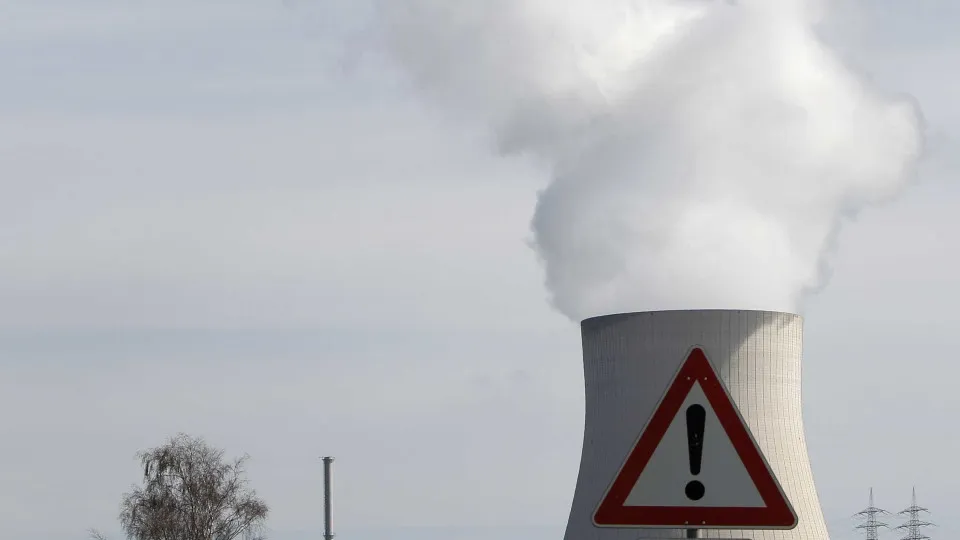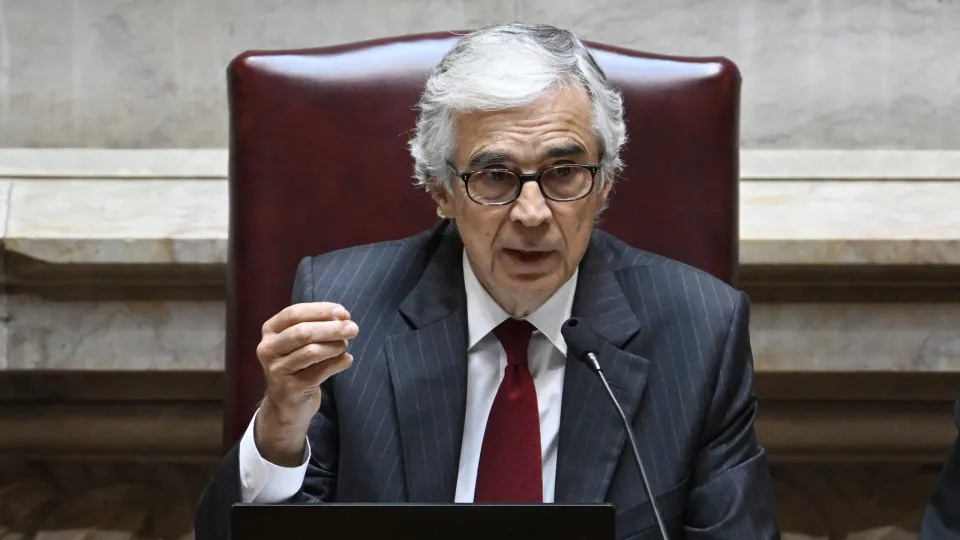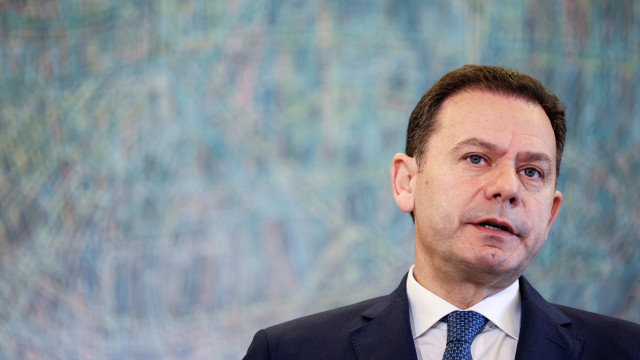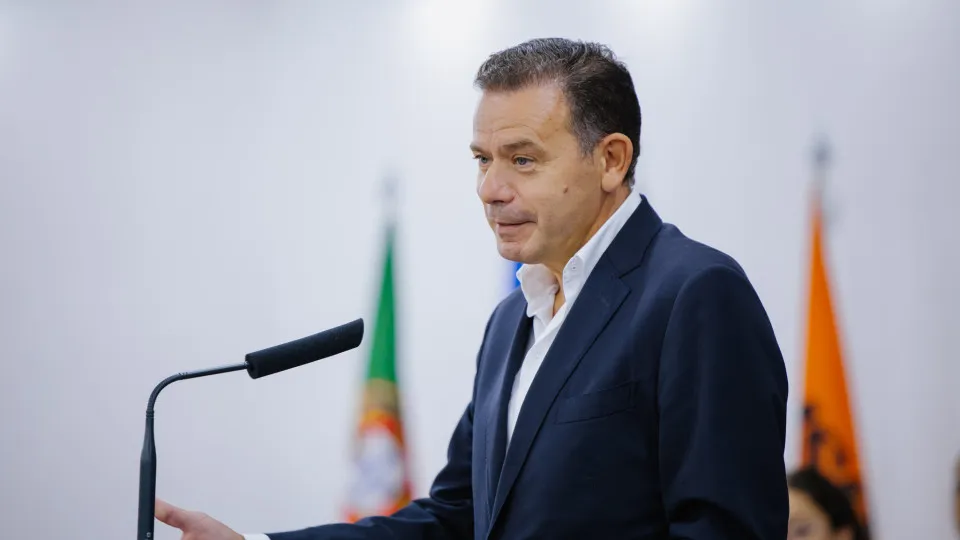
The Zero – Sustainable Earth System Association has issued a statement urging a “revision of priorities in transportation and increased funding for effective emission reduction,” noting it is “positive not to finance projects associated with fossil fuels”.
The analysis examines the “green investments” of the Multiannual Financial Framework (MFF), the EU’s long-term budget for 2021-2027. This was conducted as part of the LIFE TogetherFor1.5 project, led by the Climate Action Network (CAN) Europe, of which Zero is a member, spanning from September 2022 for three years.
The association highlights that the budget allocates 7.611 billion euros for Portugal’s ecological transition, which “falls short of the 30% threshold – 9.383 billion – that should be dedicated exclusively to climate action”. It adds that “Portugal’s investment needs to meet climate targets aligned with the European objective are estimated at approximately 175 billion euros by 2030, highlighting a financing gap”.
Praise is given to the allocation of the largest share of investment, 43.3%, to “clean transport,” as “the transport sector is the biggest contributor to greenhouse gas (GHG) emissions in Portugal”.
However, Zero notes “risks of low cost-effectiveness,” emphasizing “the need to integrate climate cost-effectiveness metrics in project approvals to ensure that each euro of public money contributes to measurable and lasting emission reductions”.
It further mentions “potential breaches” of the European principle of “Do No Significant Harm” (DNSH).
The environmentalists cite examples such as the Lisbon Metro’s red line, which “as currently designed raises doubts over the investment’s cost-effectiveness”, and the option for hydrogen-powered road passenger vehicles, raising “efficiency concerns”. They state that the 22 million euros allocated for alternative fuels is “clearly insufficient” compared to “the needs of 130-150 million euros to make the public heavy vehicle charging network viable, as required by European regulations”.
While they consider investment in Portugal’s railways “very necessary,” they note that modernization and new connections “will only yield real benefits with greater effective use”. They recommend enhancing digitalization and signaling within the European Rail Traffic Management System (ERTMS), “for its high capacity and efficiency potential”.
Zero also approves of directing the second largest portion of green funding (21.3%) towards energy efficiency, as Portugal is “consistently one of the last in Europe in terms of energy poverty”. However, it points out an imbalance in the amount allocated to homes versus businesses, noting it’s “25 times higher” for the latter.
The association advocates reinforcing the 42 billion euros devoted to the housing sector, estimating that “deep residential renovations require 72 billion euros, or up to 120 billion if equipment is included”.
Regarding renewable energies, Zero suggests “doubling the focus on storage and grids”, which are considered “key factors for making solar economically viable”.
Public funding for solar energy should be “decentralized in artificial areas – highways, industrial zones, irrigation channels, reservoirs”.
“Zero calls for the reassessment of the internal distribution of funds, the reorientation of low cost-effectiveness funds to areas with higher net impact on emission reductions, and the integration of DNSH and climate criteria at all stages of the project cycle,” the statement reads.
The environmental association also advises the Portuguese government to strengthen “public monitoring instruments, with regular reports on avoided emissions, infrastructure use, and financial execution”, and to promote citizen participation, such as in public consultations that can improve “the quality and legitimacy of investments”.
It also argues for a more ambitious cohesion policy in the next MFF 2028-2034, “setting a target of 50% ecological integration, safeguarding clear environmental targets and robust methodologies to identify truly green and fair investments”.
The LIFE TogetherFor1.5 project, co-financed by the EU, aimed to accelerate the bloc’s climate action in line with the Paris Agreement’s goal of preventing temperatures from rising beyond 1.5 degrees Celsius (°C) relative to the pre-industrial average.




